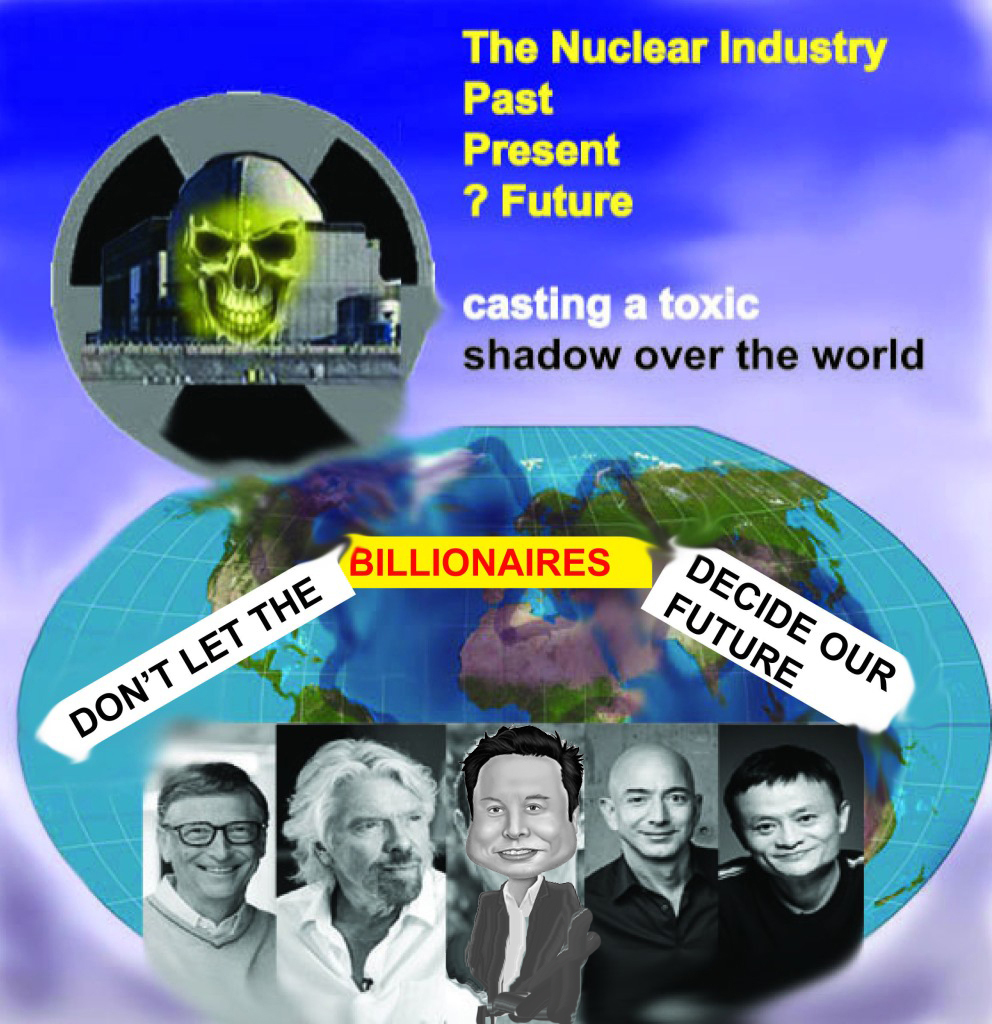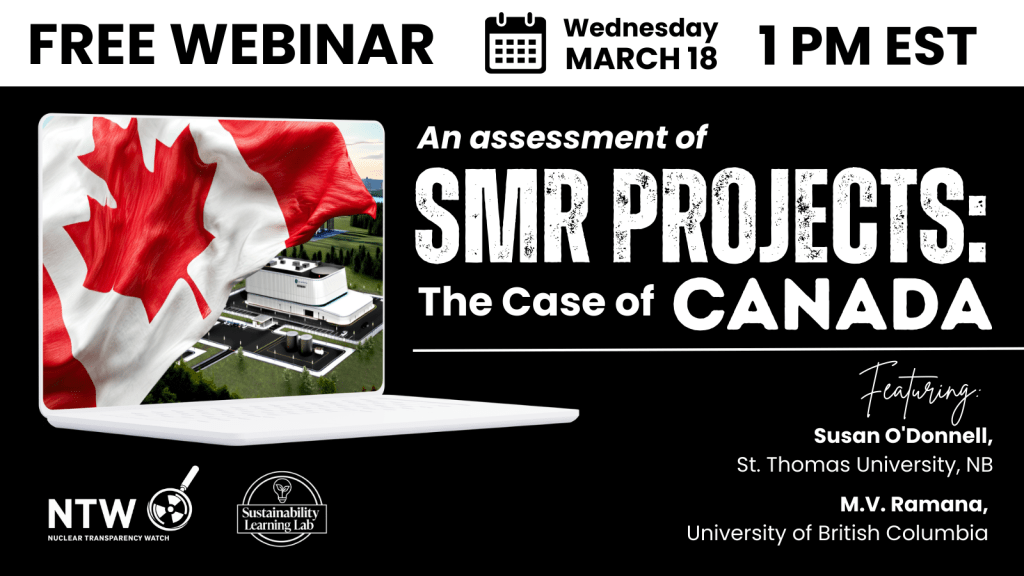‘We will coup whoever we want!’: the unbearable hubris of Musk and the billionaire tech bros

Unlike their forebears, contemporary billionaires do not hope to build the biggest house in town, but the biggest colony on the moon,
Today’s billionaire philanthropists, frequently espousing the philosophy of “effective altruism”, donate to their own organisations, often in the form of their own stock, and make their own decisions about how the money is spent because they are, after all, experts in everything.
Guardian, Douglas Rushkoff. 25 Dec 23,
Challenging each other to cage fights, building apocalypse bunkers – the behaviour of today’s mega-moguls is becoming increasingly outlandish and imperial.
ven their downfalls are spectacular. Like a latter-day Icarus flying too close to the sun, disgraced crypto-god Sam Bankman-Fried crashed and burned this month, recasting Michael Lewis’s exuberant biography of the convicted fraudster – Going Infinite – into the story of a supervillain. Even his potential sentence of up to 115 years in prison seems more suitable for a larger-than-life comic book character – the Joker being carted off to Arkham Asylum – than a nerdy, crooked currency trader.
But that’s the way this generation of tech billionaires rolls. The Elon Musk we meet in Walter Isaacson’s biography posts selfies of himself as Marvel comic character Doctor Strange – the “Sorcerer Supreme” who protects the Earth against magical threats. Musk is so fascinated with figures such as Iron Man that he gave a tour of the SpaceX factory to the actor who plays him, Robert Downey Jr, and the film’s director, Jon Favreau. As if believing he really has acquired these characters’ martial arts prowess, in June Musk challenged fellow übermensch Mark Zuckerberg to “a cage match” after Zuck launched an app to compete with the floundering Twitter. Musk and Zuck exchanged taunts in the style of superheroes or perhaps professional wrestlers. “I’m up for a cage match if he is,” tweeted Musk. “Send Me Location,” responded Zuck from Instagram’s Threads.
Billionaires, or their equivalents, have been around a long time, but there’s something different about today’s tech titans, as evidenced by a rash of recent books. Reading about their apocalypse bunkers, vampiric longevity strategies, outlandish social media pronouncements, private space programmes and virtual world-building ambitions, it’s hard to remember they’re not actors in a reality series or characters from a new Avengers movie.
Unlike their forebears, contemporary billionaires do not hope to build the biggest house in town, but the biggest colony on the moon, underground lair in New Zealand, or virtual reality server in the cloud. In contrast, however avaricious, the titans of past gilded eras still saw themselves as human members of civil society. Contemporary billionaires appear to understand civics and civilians as impediments to their progress, necessary victims of the externalities of their companies’ growth, sad artefacts of the civilisation they will leave behind in their inexorable colonisation of the next dimension.
While plans for Peter Thiel’s 193-hectare (477-acre) “doomsday” escape, complete with spa, theatre, meditation lounge and library, were ultimately rejected on environmental grounds, he still wants to build a startup community that floats on the ocean, where so-called seasteaders can live beyond government regulation as well as whatever disasters may befall us back on the continents.
To escape “near-term” problems such as poverty and pollution, Jeff Bezos imagines building millions of space colonies housing trillions of people on the moon, asteroids and in other parts of the solar system, where inhabitants will harvest the resources of space for themselves and those left back on Earth. Elon Musk is convinced he will build a city of a million people on Mars by 2050 at a cost of up to $10bn a person. The ChatGPT impresario Sam Altman, whose board of directors sacked him as CEO before he made a dramatic comeback this week, wants to upload his consciousness to the cloud (if the AIs he helped build and now fears will permit him).
…………………….. as chronicled by Peter Turchin in End Times, his book on elite excess and what it portends, today there are far more centimillionaires and billionaires than there were in the gilded age, and they have collectively accumulated a much larger proportion of the world’s wealth. ………………………………………..
What evidence we do see of their operations in the real world mostly take the form of externalised harm. Digital businesses depend on mineral slavery in Africa, dump toxic waste in China, facilitate the undermining of democracy across the globe and spread destabilising disinformation for profit – all from the sociopathic remove afforded by remote administration.
Indeed, there is an imperiousness to the way the new billionaire class disregard people and places for which it is hard to find historical precedent………………………………………………………………….
At least Zuckerberg’s anti-democratic measures are expressed as the decrees of a benevolent dictator. Musk exercises no such restraint. In response to the accusation that the US government organised a coup against Evo Morales in Bolivia in order for Tesla to secure lithium there, Musk tweeted: “We will coup whoever we want! Deal with it.”
Musk now has the ability to tweet this way as much as he likes: Twitter/X is his own platform. He bought it………………………………………………..
Musk not only owns X and Tesla but also SpaceX, StarLink, the Boring Company, Solar City, NeuraLink, xAI, and someday, he hopes, another finance company like PayPal (which he co-founded with Thiel but then sold to eBay). Similarly, Bezos doesn’t just control Amazon – the world’s biggest ever retailer, if that even does justice to the monolith – but the Washington Post, IMDb, MGM, Twitch, Zoox, Kiva, Whole Foods, Ring, Ivona, One Medical, Blue Origin and, of course, Amazon Web Services, which owns at least one-third of the cloud computing market. Included in Gates’s 20bn dollars’ worth of Microsoft stock and assets are Microsoft Azure (his 23% of the cloud), LinkedIn, Skype and GitHub. He also, incidentally, owns 109,000 hectares (270,000 acres) of US farmland.
This is unprecedentedly broad, or what could be called “horizontal” power. It is success across such a wide spectrum that has given today’s tech billionaires false confidence in the extent of their own expertise. Gates, who regularly dispensed advice on vaccines and public health in television interviews, eventually issued a report in which he graded each country’s pandemic response as if he were a school teacher who knew better than every nation’s department of health (no one got an A).
……………………. Today’s billionaire philanthropists, frequently espousing the philosophy of “effective altruism”, donate to their own organisations, often in the form of their own stock, and make their own decisions about how the money is spent because they are, after all, experts in everything.
Rather than donating to a university, Thiel’s Fellowship pays $100,000 “to young people who want to build new things instead of sitting in a classroom”. Meanwhile, contests such as Musk’s X Prize and Singularity University focus on “exponential technologies” that solve “global grand challenges”. Such moonshots reward the bold thinking that “aims to make something 10 times better”.
Their words and actions suggest an approach to life, technology and business that I have come to call “The Mindset” – a belief that with enough money, one can escape the harms created by earning money in that way. It’s a belief that with enough genius and technology, they can rise above the plane of mere mortals and exist on an entirely different level, or planet, altogether.
……………………………… This distorted image of the übermensch as a godlike creator, pushing confidently towards his clear vision of how things should be, persists as an essential component of The Mindset………………..
Any new business idea, Thiel says, should be an order of magnitude better than what’s already out there. Don’t compare yourself to everyone else; instead operate one level above the competing masses. For Thiel, this requires being what he calls a “definite optimist”. Most entrepreneurs are too process-oriented, making incremental decisions based on how the market responds. They should instead be like Steve Jobs or Elon Musk, pressing on with their singular vision no matter what. The definite optimist doesn’t take feedback into account, but ploughs forward with his new design for a better world. It happens ex nihilo – literally “from zero to one”. So like a supervillain constructing an all-seeing eye, Thiel builds a giant data analytics system, Palantir, through which he can observe and predict threats before they even manifest – all while preparing for Armageddon, just in case.
…………………………………………………… This is not capitalism, as Yanis Varoufakis explains in his new book Technofeudalism. Capitalists sought to extract value from workers by disconnecting them from the value they created, but they still made stuff. Feudalists seek an entirely passive income by “going meta” on business itself. They are rent-seekers, whose aim is to own the very platform on which other people do the work.
……………………………………………………………………. that’s what is really going on here. The antics of the tech feudalists make for better science fiction stories than they chart legitimate paths to sustainable futures. Musk and Zuckerberg challenge each other to duels as a way of advertising their platforms. Musk is less X’s CEO than its troll in chief. They are not gods; they are entertainers.
Instead of emulating them, we should first laugh at them, and then dismiss them. They’re like the contestants in an episode of Survivor, trying to be the last one on the island. It’s perversely amusing, and sometimes hard to look away. It’s the same impulse that leads many Americans to vote for Trump – less because they want him for president than because he will make for better television.
But it’s time to turn off this show, this car accident of a tech future, and get on with reclaiming the world from this new generation of robber barons rather than continuing to fund their fantasies. These are not the demigods we’re looking for.
Douglas Rushkoff is the author of Survival of the Richest: Escape Fantasies of the Tech Billionaires (Scribe). https://www.theguardian.com/books/2023/nov/25/we-will-coup-whoever-we-want-the-unbearable-hubris-of-musk-and-the-billionaire-tech-bros
No comments yet.
-
Archives
- February 2026 (268)
- January 2026 (308)
- December 2025 (358)
- November 2025 (359)
- October 2025 (376)
- September 2025 (258)
- August 2025 (319)
- July 2025 (230)
- June 2025 (348)
- May 2025 (261)
- April 2025 (305)
- March 2025 (319)
-
Categories
- 1
- 1 NUCLEAR ISSUES
- business and costs
- climate change
- culture and arts
- ENERGY
- environment
- health
- history
- indigenous issues
- Legal
- marketing of nuclear
- media
- opposition to nuclear
- PERSONAL STORIES
- politics
- politics international
- Religion and ethics
- safety
- secrets,lies and civil liberties
- spinbuster
- technology
- Uranium
- wastes
- weapons and war
- Women
- 2 WORLD
- ACTION
- AFRICA
- Atrocities
- AUSTRALIA
- Christina's notes
- Christina's themes
- culture and arts
- Events
- Fuk 2022
- Fuk 2023
- Fukushima 2017
- Fukushima 2018
- fukushima 2019
- Fukushima 2020
- Fukushima 2021
- general
- global warming
- Humour (God we need it)
- Nuclear
- RARE EARTHS
- Reference
- resources – print
- Resources -audiovicual
- Weekly Newsletter
- World
- World Nuclear
- YouTube
-
RSS
Entries RSS
Comments RSS




Leave a comment